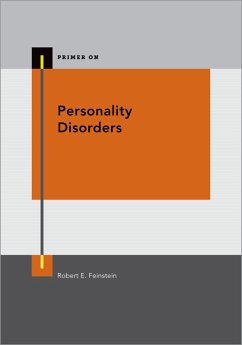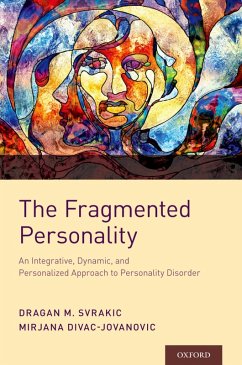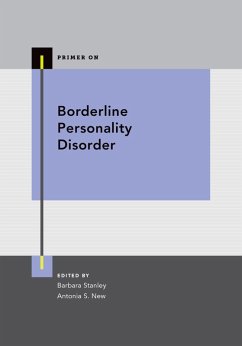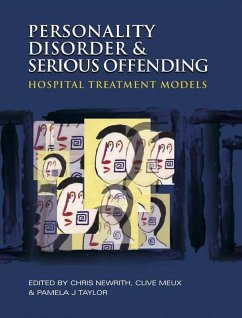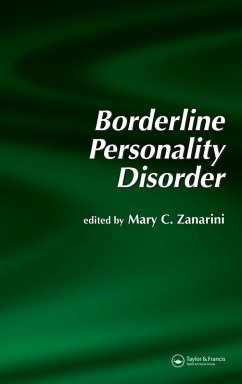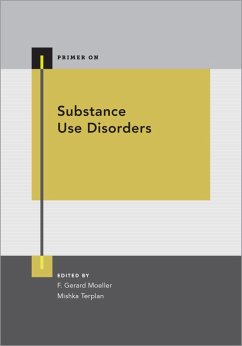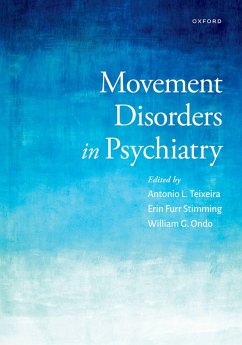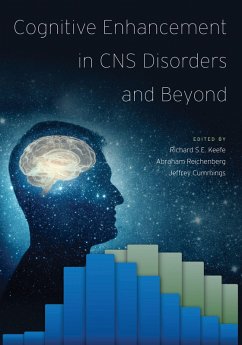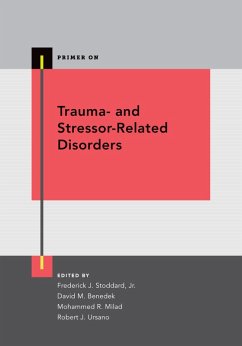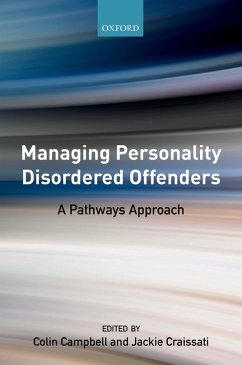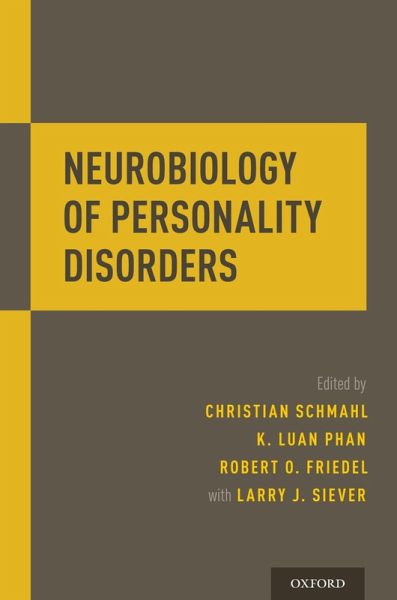
Neurobiology of Personality Disorders (eBook, PDF)
Versandkostenfrei!
Sofort per Download lieferbar
37,95 €
inkl. MwSt.
Weitere Ausgaben:

PAYBACK Punkte
19 °P sammeln!
Personality disorders are highly prevalent and cause a substantial amount of human suffering and harm-not only to the individuals and families directly affected, but also to the population at large. These disorders generally have a heritability rate that is in excess of fifty percent, strongly suggesting that the behavioral disturbance they cause have a significant biomedical etiology. However, knowledge about the biological nature of personality disorders-and effective treatment of the latter-is significantly lacking. Although basic biological principles have overall served well in the founda...
Personality disorders are highly prevalent and cause a substantial amount of human suffering and harm-not only to the individuals and families directly affected, but also to the population at large. These disorders generally have a heritability rate that is in excess of fifty percent, strongly suggesting that the behavioral disturbance they cause have a significant biomedical etiology. However, knowledge about the biological nature of personality disorders-and effective treatment of the latter-is significantly lacking. Although basic biological principles have overall served well in the foundation of psychiatry, they have received relatively little attention with regard to the areas of personality, temperament, and personality disorders. Neurobiology of Personality Disorders is the first book to focus specifically on the neurobiology of disturbed personality. It provides a thorough outline of the principles of neural science that mediate personality and describe what is currently known about how these biological processes are impaired in individuals with personality disorders. Its team of editors and authors are among the most frequently published and highly renowned international neuroscientists in the field of personality disorders, and its coverage of topics is comprehensive, authoritative, and heuristic.
Dieser Download kann aus rechtlichen Gründen nur mit Rechnungsadresse in A, B, BG, CY, CZ, D, DK, EW, E, FIN, F, GR, HR, H, IRL, I, LT, L, LR, M, NL, PL, P, R, S, SLO, SK ausgeliefert werden.




